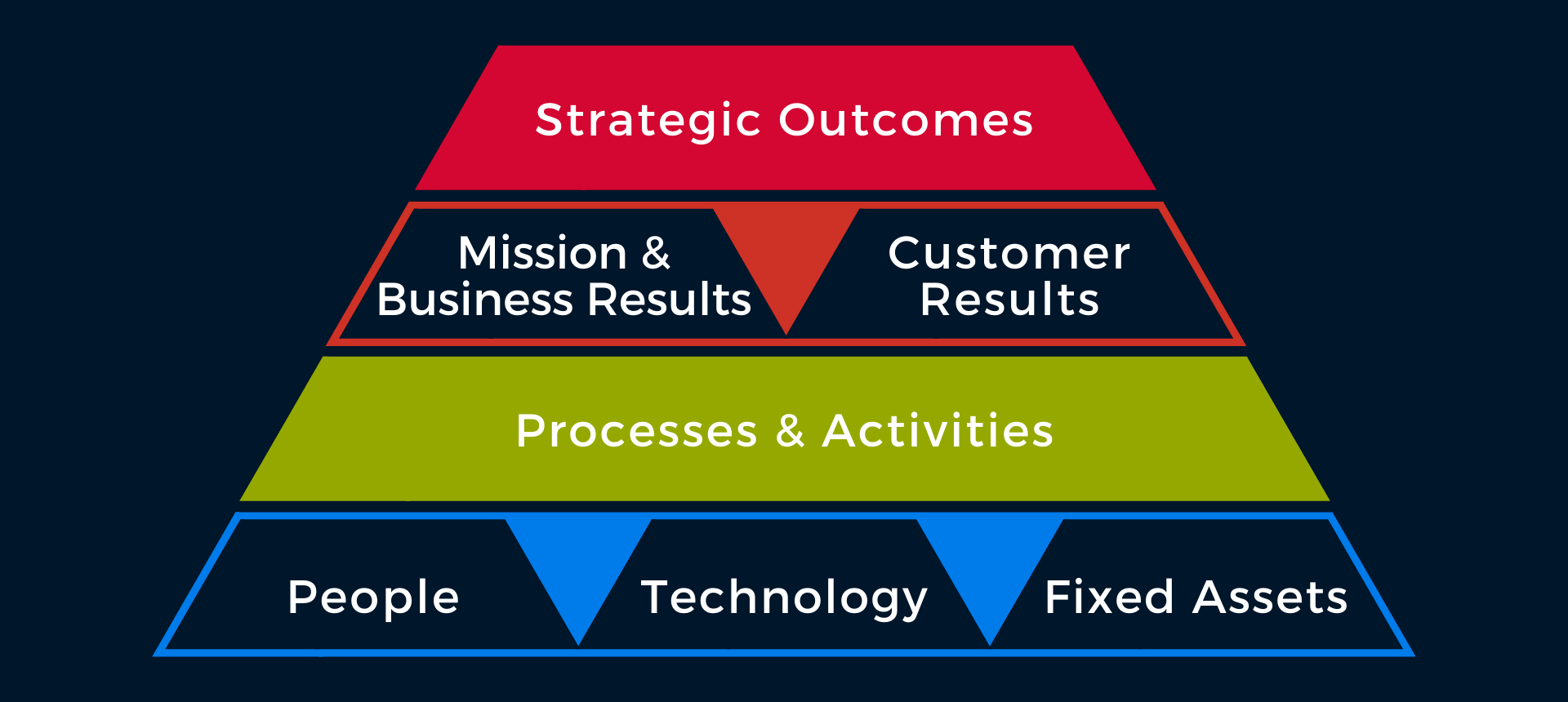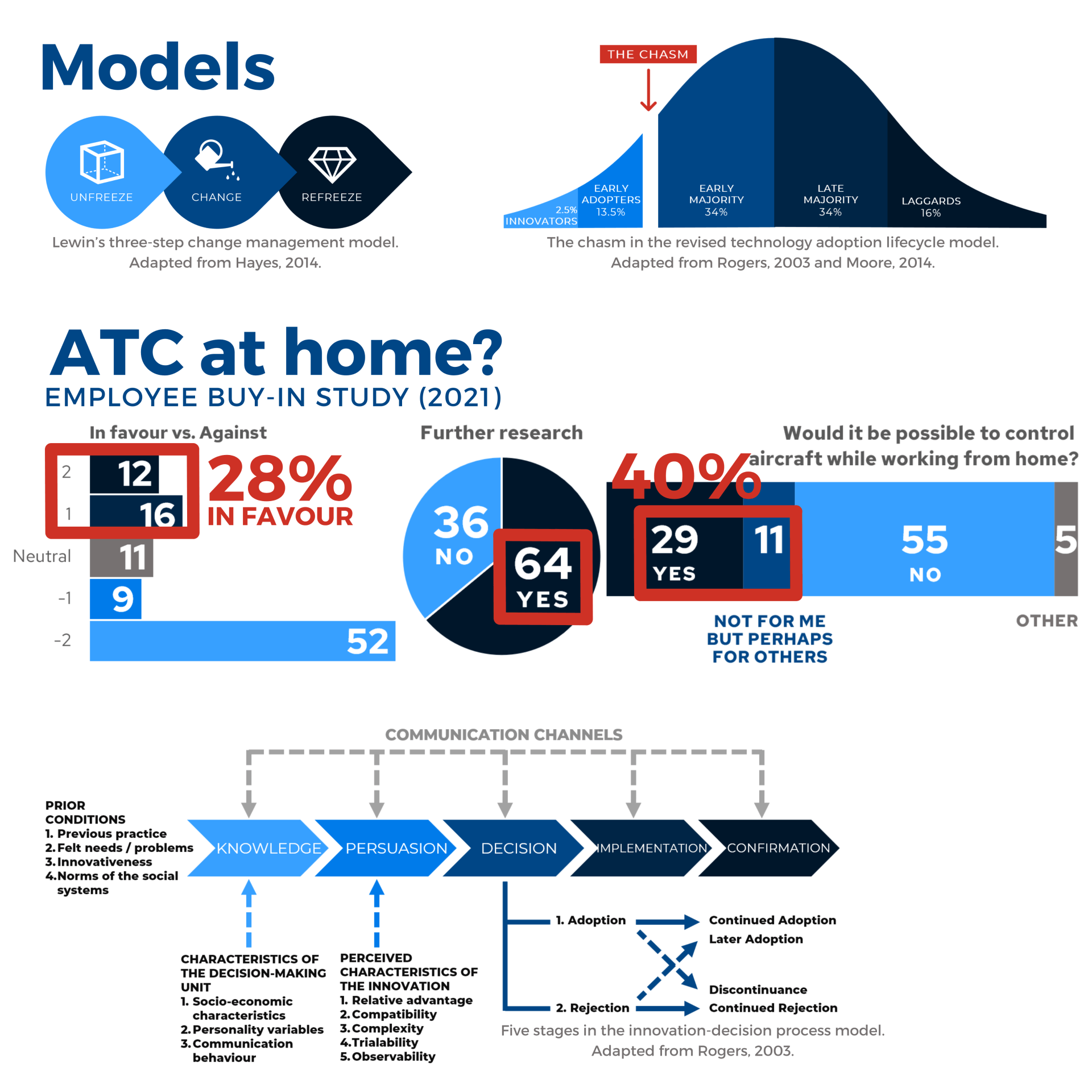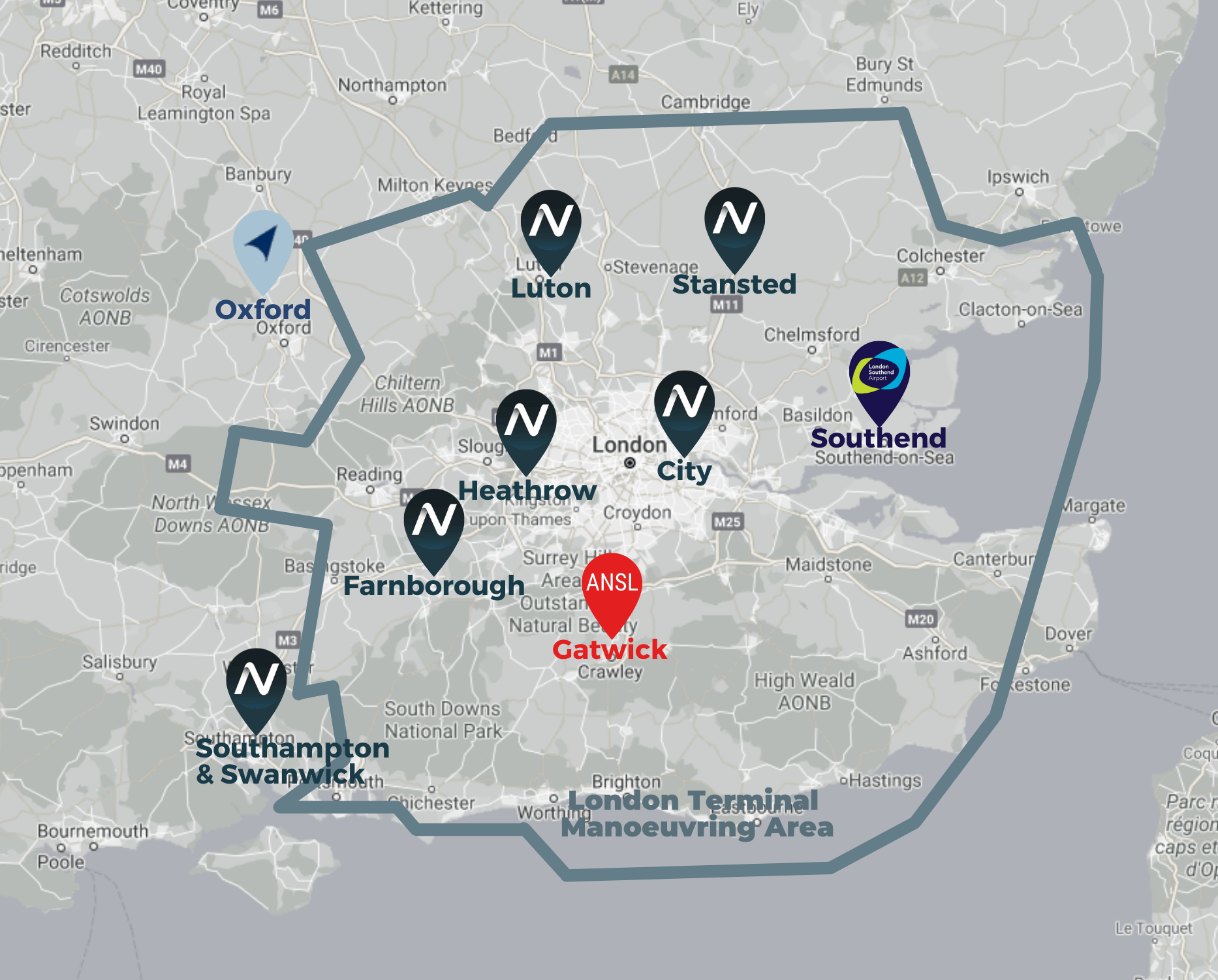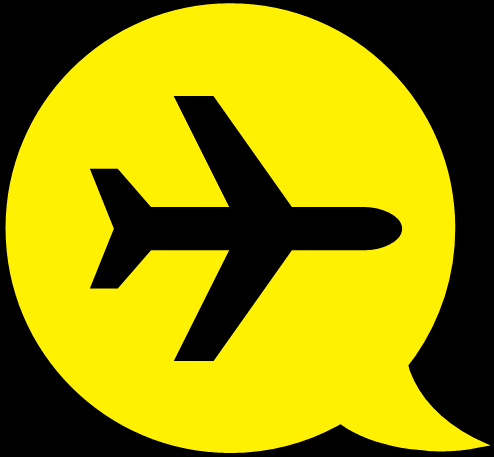Teamwork in ATC
Teamwork in ATC
This is an essay answer to a few of the dozens of questions for the Business Improvement Techniques distance learning course I took. Written with a management, non-controller audience in mind.
Amongst the most important factors contributing to an effective team working are reliability and accountability. To quote one of the controllers,
"If you aren't committed to learning all the time, asking questions, learning and following procedures, being passionate about learning all you can about aircraft and their performance, being punctual, committed and hard working, then this is not for you." - Tanja Spykerman, 19/03/2020
Controllers are expected to perform like computers, with all the background knowledge and quick decision-making, and learning new information in between working traffic and implementing it immediately. High performing individuals are trusted and respected while poorly performing individuals are what makes the job stressful.
Flexibility: "In ATC, a team is defined as a group of two or more persons who interact dynamically and interdependently with assigned specific roles, functions and responsibilities. They have to adapt continuously to each other to ensure the establishment of a safe, orderly and expeditious flow of air traffic (EATMP, 1996b)." Teamwork which is typically serially structured (controllers repeating a sequence of tasks) may need to be broken or paused to relieve other controllers of excessive workload to improve throughput through the system. Two controllers may temporarily need a help of a third person who will initially perform simple tasks and gradually get involved in more complex ones.
Communication with the aircraft pilots is often prescribed in terms of a specific radiotelephony phraseology but additional communication needs to be done in plain but concise language. A similar principle applies to internal communication which may be very brief as it is done under time pressure and needs to be efficient. Communication during breaks can be more relaxed and used as informal team-building activities with small talk, time for questions, longer listening time, or offering praise. Informal communication between controllers also takes place on social media which again helps with communication in professional settings during work hours.
Team Resource Management
Team Resource Management (TRM) is a set of strategies for the best use of all available resources: information, equipment and people in air traffic control. EUROCONTOL has been working on TRM since 1994 and elements of team training are present in all stages of training as the job is done as a part of a team of highly trained specialists with shared mental models, situational awareness and a shared "view of the objectives set to deliver positive outcomes". The structure of their work and the ways the tasks are to be performed determine the lines of communication and include the ways of reporting issues such as incidents, accidents, as well as three kinds of behavioural safety surveys during normal operations (Observational safety surveys, Normal Oversight Safety Survey (NOSS), Day 2 Day Safety Survey (D2D)). During an initial candidate selection for training, future controllers are also screened for behavioural competencies such as honesty and openness to be later developed into positive working relationships.
Mutual trust and respect are earned by continuous learning, high performance on the job, and being a knowledgeable and reliable team member. Good leadership stems from it: the unit manager may still be an active Air Traffic Controller but have additional duties such as rostering, being a point of contact for the airport and airlines, or incident investigation.
Effective working relationships
The "safe, orderly, and expeditious flow of air traffic" relies on good teamwork between the humans operating the system. A structured training, common set of local procedures and a shared work ethics starting at the selection process and continuing throughout training and validation, build trust and stronger working relationships. At an ATC unit such as an airport control tower, the personnel know one another well which facilitates efficient workflow and co-ordination.
The safety of flights though depends not only on the in-house ATC team but on their cooperation with pilots (over the radio), controllers at other ATC units (via phone calls) and with airline and airport personnel (phone and/or radio). Mutual respect, keeping the verbal exchanges concise, precise and polite, not injecting unnecessary words and expressions, slowing down and enunciating clearly when talking to non-native English speakers, can improve efficiency, reduce stress, and maintain good working relationships.
It is vitally important for controllers not to lecture the pilots (could result in irritation and making a critical mistake leading to an incident or accident - on one or both sides; but mostly it's a waste of time), and for pilots not to threaten controllers for the same reason; such a situation may result in the controller being replaced by a colleague to break the verbal exchange and stop wasting everyone's time, but requires a handover and initially the new controller's situational awareness may be lower. Pilots sometimes ask for the controller's name or licence number to report the controller if they don't agree with them, not fully appreciating the effect of such stress on the controller who is responsible for thousands of lives at any given time and whose mistake could be deadly for a few hundred people.
At an ATC unit, the workload should be reasonably distributed between controllers. They can ask for extra help if traffic suddenly increases. Give full briefing on handover to reduce stress and improve safety as well as morale and job satisfaction. From the management perspective, staffing levels can contribute to the distribution of workload and therefore to the ability of staff to maintain good working relationships while ensuring safety of air traffic.
In a unit such as an airport tower, all controllers are trained to work on all positions and change the position worked a few times a day. The "Tower" role is based on the ADI (Aerodrome Instrument) rating. This role can be split between controllers working on three positions: clearance delivery, ground and air. One controller can do all three if traffic levels are low, or the other positions can be opened at busy times such as in the morning, to distribute the workload. All three controllers sit next to each other at the top of the tower, and after a break can work on the other positions. Such arrangement increases the efficiency of the unit. This is how London airports work having only ADI-rated controllers. In Manchester, in the tower base, there is additionally an approach controller position in the radar room, which requires an additional rating (Approach Control Surveillance (APS) rating course). Upon achieving both ratings and validating on the respective positions (local training can take a year or longer after the rating), the controllers can cover for each other and provide assistance.
Ineffective working relationships
Could severely affect the flow of air traffic and its safety. Starting in college, controllers learn to be open to criticism and constant monitoring by supervisors. Training in Human Factors helps understand human limitations and accept the need for being monitored to maintain situational awareness and ensure aircraft safety.
There are many examples of pilots having teamwork problems which is how the Crew Resource Management (CRM) programmes originated, later adapted to the air traffic control environment as Team Resource Management (TRM). A breakdown in teamwork could be due to a perceived hierarchy or seniority (such as the aircraft Captain considered being more "right" than the [younger] First Officer who was afraid to speak up in time or take controls when the captain was wrong, resulting in a crash), or being originally trained in different conditions and trying to impose old habits on younger personnel. The younger staff may not want to upset their instructor or supervisor by correcting them or by sticking to the rules which the instructor is breaking, which may result in an incident or accident (close call or crash).
Since local training takes a year or longer, ATC staff is hired with a long term perspective and not expected to change units often. They need to develop good working relationships with all colleagues and management. Poor performance would be subject to investigation and corrective action.
Belbin’s team role theory
Dr Meredith Belbin developed a 9-dimensional scale to pinpoint people's preferred team roles when they act within a team. Some prefer to chair meetings, others have specialised knowledge, another person may prefer to just check if everything is done properly and investigate the available resources, while others may be full of new ideas but have trouble following them up. Yet other people may just press towards finishing what they started or simply follow the early adopters and early majority as the late majority or laggards. The idea is to have all kinds of those preferences within a team for the team to be successful in what they are set to achieve. People full of ideas may need others who will develop, test, implement and evaluate them, and those who follow the majority need leaders whom they can follow. A Shaper or Coordinator ensures deadlines are met, while Specialists and Resource Investigators figure out the details.
All good with normal, untrained (or poorly trained) society.
Although Belbin's team role theory seems to be popular in the UK, I am not sure it can be applied to air traffic controllers who are supposed to be all the roles, making split-second decisions based on multiple, dynamically changing factors, and have a few plans for each scenario in case the first one in no longer feasible. They both need to implement the rules and break them when necessary while ensuring safety, occasionally consult regulations while knowing most of them by heart, acknowledge new messages and implement the new information into their workflow as they go, work as a team and individually at the same time, be specialists and cross-monitor their colleagues and maintain situational awareness.
Does it take more of a "Completer-finisher" or "Shaper" to say "Cleared for take-off"? The controller needs to monitor their timing, other aircraft positions, scan the runway, address the correct aircraft, watch it over the runway, and hand it over to the next sector. They cannot just conveniently withdraw into being an "Implementer/Company worker" or just have ideas without evaluating them all the time. People's lives depend on them.
There is no way that controllers would "struggle to complete a task". They were carefully selected based on their abilities and then trained for up to three years to have ideas within safety limits, to maintain sharp focus and be decisive. Some say that they are expected to be like computers.
Sources:
Civil Aviation Authority (2017) CAP 493: Manual of Air Traffic Services – Part 1
EATMP (1996b). Guidelines for ATS Upgrade Training. Index no. HUM.ET1.ST05.4000-GUI02. Ed. no. 1.0, 28-06-1996, EATCHIP, EUROCONTROL, Brussels, Belgium.
EUROCONTROL (2009) Team Co-ordination Study, Chapter 2: Team concepts.
EUROCONTOL (2015) Guidelines for TRM, Chapter 2: Good Practices.
Dickson, I. (2018) My story – Being an Air Traffic Controller #OurAmazingEveryday, NATS
Global ATS (2016) Aerodrome Control (ADI / TWR) Course Prospectus
Global ATS (2016) Approach Surveillance (APS / SRA) Course Prospectus
Skybrary (2016) https://www.skybrary.aero/index.php/Teamwork_in_Air_Traffic_Control










